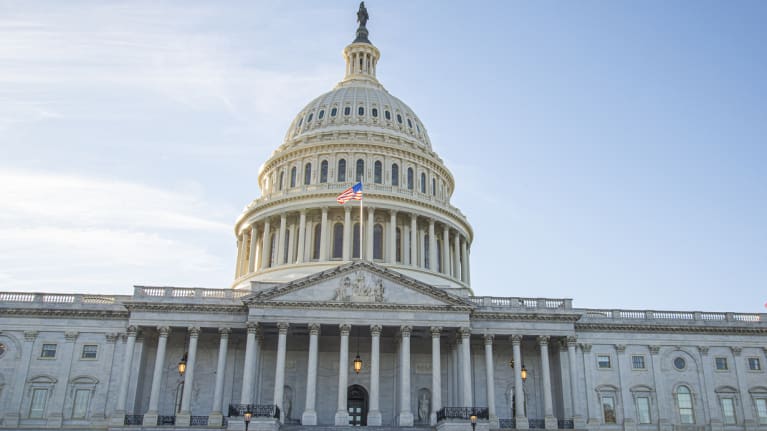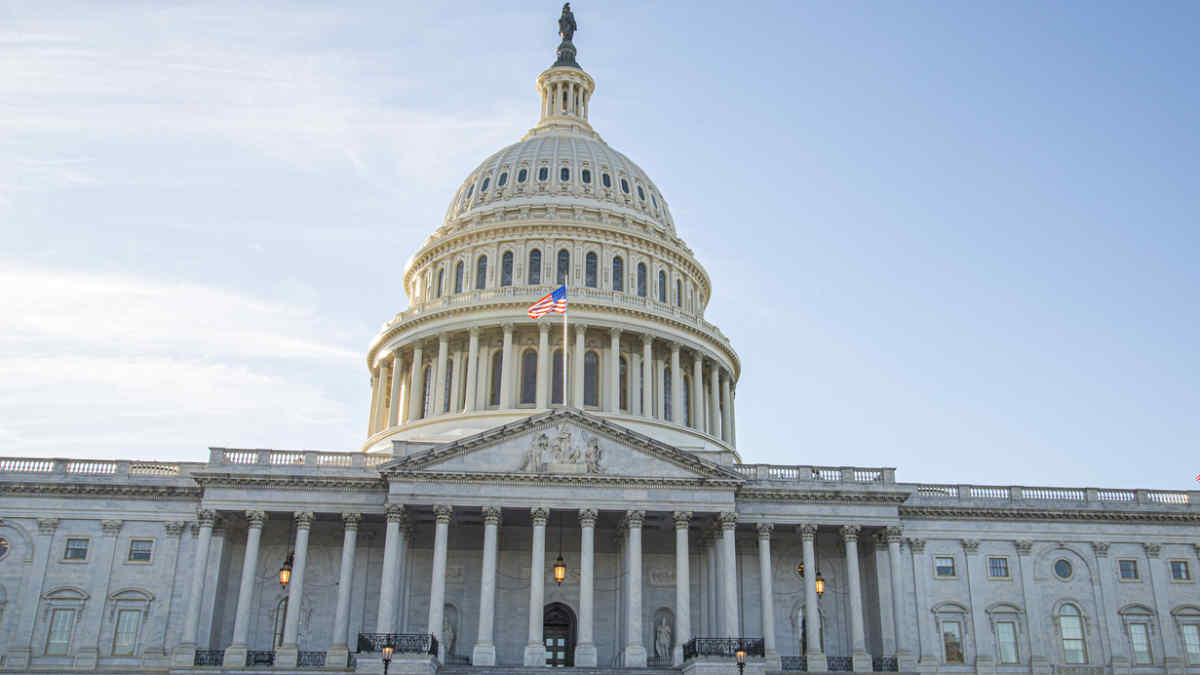

?A U.S. Senate committee recently pushed ahead three bills that could impact union activity, paid sick leave and pay equity requirements for employers.
On June 21, the Senate Health, Education, Labor and Pensions committee voted to advance the Richard L. Trumka Protecting the Right to Organize Act (PRO Act), the Paycheck Fairness Act and the Healthy Families Act on June 21. All three pieces of legislation have companion bills in the U.S. House.
Democrats mostly hailed the bills as beneficial for average workers, while Republicans mostly criticized the bills as being too pro-union.
The bills garnered support from the AFL-CIO, the American Federation of Government Employees, the American Federation of Teachers, the American Postal Workers Union, Communication Workers of America, the Economic Policy Institute, the National Urban League, and Oxfam America, according to Committee chairman Sen. Bernie Sanders, I-Vt.
“These are not radical ideas. Poll after poll shows these are what the American people want to see happen,” Sanders said.
However, Sen. Bill Cassidy, R-La., said, “This legislation will not pass. Why? This is a deeply controversial and partisan set of bills that will never be signed into law. We don’t have agreements on principle, nor agreements on key issues.”
The PRO Act
The PRO Act would:
- Replace secret-ballot union elections with card-check elections.
- Prohibit employers’ captive-audience meetings to discuss union activity.
- Overturn state-level right-to-work laws that say workers can’t be required to join a union or pay union dues as a condition of the job.
- Require employers to give employees’ personal contact information to union organizers.
- Stipulate that a worker is an independent contractor only if they are free from the employer’s control and direction in how the work is performed, customarily engaged in an independently established occupation, and performing work outside the employer’s usual course of business.
- Change the federal joint-employer standard to make franchisors liable for actions by their franchisees.
- Permit secondary boycotts, meaning a union boycotting an employer’s customer or supplier.
“Workers in America have the constitutional right to assemble and form a union,” Sanders said.
Cassidy said the PRO Act is part of “a disturbing trend by President [Joe] Biden and congressional Democrats to erode a worker’s individual rights,” such as the ability to not pay union dues if they don’t want to join the union.
Sen. Rand Paul, R-Ky., said, “The PRO Act invades workers’ privacy by forcing employers to hand over their personal cell phone numbers, email addresses and home addresses to union organizers, exposing them to unwanted solicitation, harassment and intimidation.”
Secret ballot elections protect workers from intimidation and retaliation related to union votes, Cassidy said. “Policymakers should not be creating an environment that facilitates worker coercion or intimidation,” he added.
The committee voted against amendments from Republican lawmakers that would have struck language allowing secondary boycotts, required union voting by secret ballot, prohibited remote voting in union elections and limited the type of personal contact information employers must share with union organizers.
The U.S. Chamber of Commerce, the International Franchise Association, the National Federation of Independent Businesses and other business groups have spoken out against the PRO Act.
The Paycheck Fairness Act
The Paycheck Fairness Act would stop employers from using salary history in hiring decisions, require employers to show a legitimate reason for gender pay disparities, make it easier for workers to join class-action lawsuits against companies for systemic wage discrimination, and protect workers against retaliation for discussing their salary with co-workers. This bill aims to close the gender pay gap, which currently refers to how U.S. women earn 77 cents for every dollar U.S. men earn.
“Women across the country have been shortchanged for far too much for far too long,” said Sen. Patty Murray, D-Wash. “Women are still being paid less than men, and employers are still able to brush off reports of discrimination with flimsy excuses like ‘he’s a better negotiator’ or ‘he was paid better in his last job.’ “
The pay disparity compounds over the course of a career. “When women are paid less hour after hour, year after year, a lifetime spent working under the wage gap cheats women out of a life-changing amount of money,” Murray said. “We have to limit the use of previous wage history in the hiring process because otherwise we are just letting employers lock in pay discrimination, and we’re just letting the pay gap follow workers from job to job.”
However, Cassidy said, “The Paycheck Fairness Act has the potential to benefit trial attorneys more than working women. It is already illegal to discriminate on the basis of gender, so the law that we’re considering is redundant.”
Healthy Families Act
The Healthy Families Act would guarantee workers seven paid sick days, or 56 hours of paid sick time, per year. Small employers with fewer than 15 employees can provide unpaid sick days, instead of paid sick days. Employers can choose to provide more than the required amount.
“In my view every employee in America deserves paid sick days, regardless of where they work,” Sanders said.
Many private businesses voluntarily give paid sick days to their workers, Cassidy noted. “The market is clearly responding, so let’s let the market work,” he said. “It’s important to the employer that they not be hampered with additional costs and headaches associated with compliance with government mandates.”
Ninety-five percent of employers offered sick leave this year, compared with 96 percent in 2022, according to SHRM Research.
